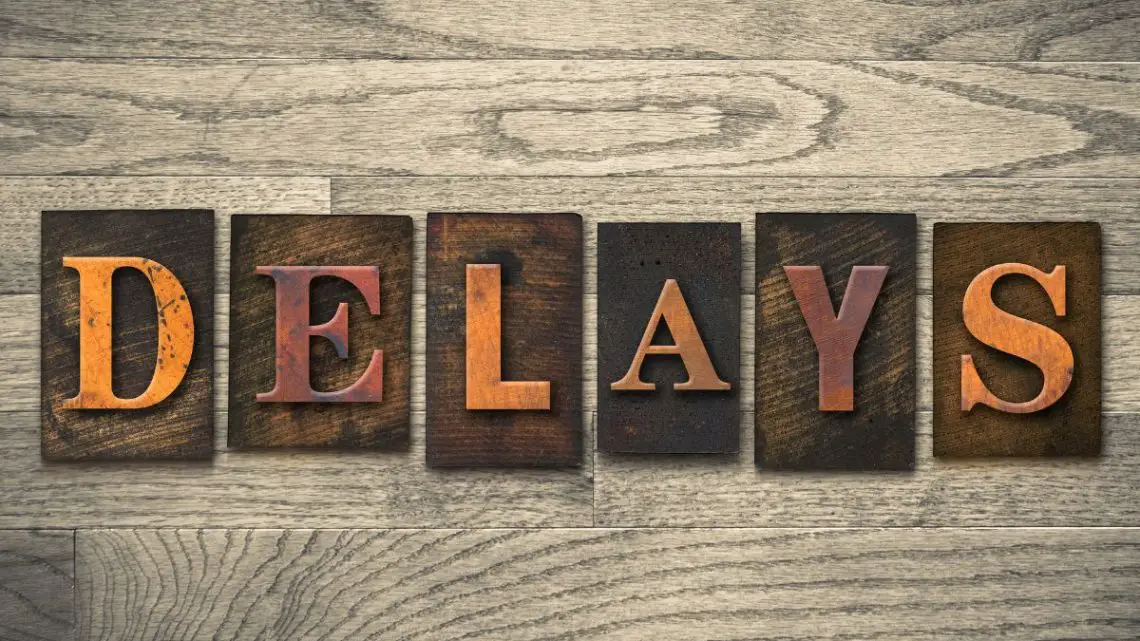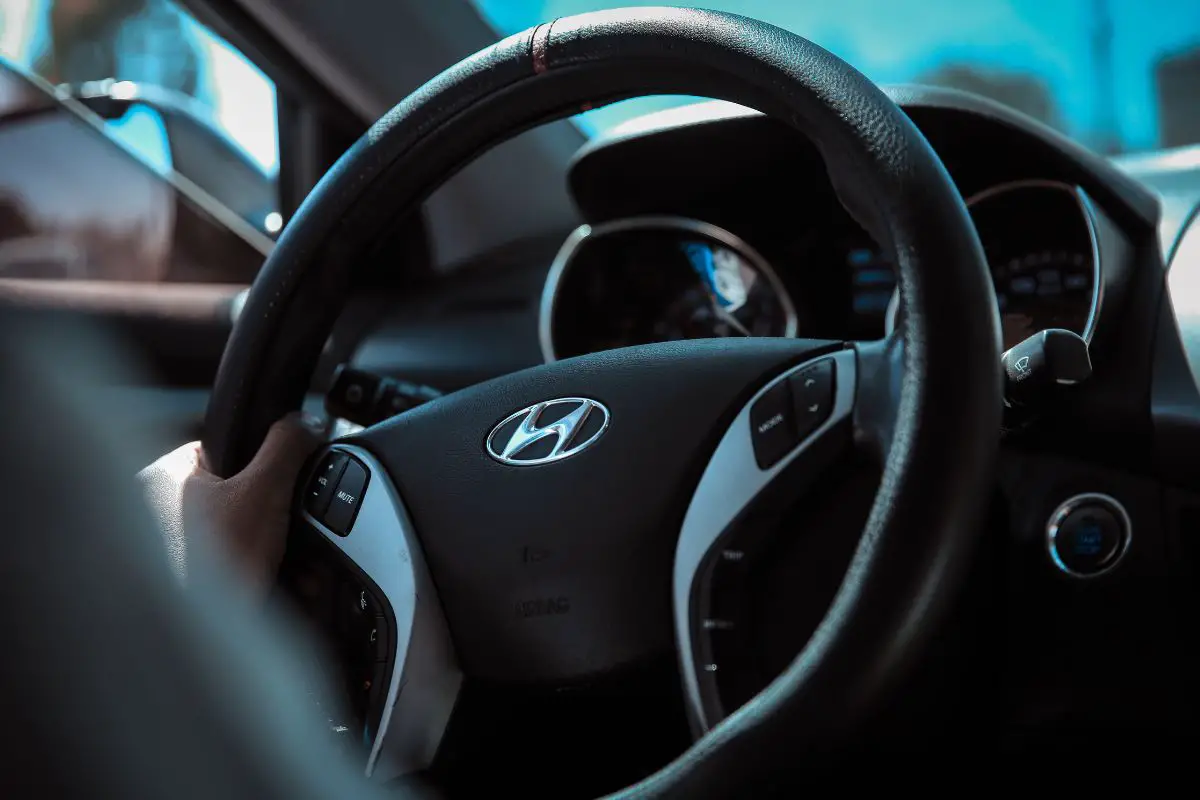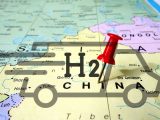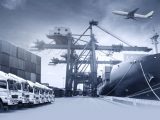
Next Hyundai Nexo hydrogen car launch faces delays
July 1, 2022New reports suggest that issues with the development of the fuel cell are holding things back.
Hyundai’s upgraded hydrogen car, the Nexo SUV, won’t be launched until 2024, according to new reports, as the automaker has been struggling with fuel cell development issues.
The problems the automaker has reportedly faced are enough to push its launch to a later date.
A South Korean newspaper citing the supplier industry was the first to report on this news, which has yet to be officially confirmed by Hyundai. This works against the company’s strategy to move ahead with its hydrogen car release on a much larger scale.

Hyundai had intended to begin the mass production and sale of its Nexo SUV later in 2022. However, it will be postponing that release, production and sale until 2024, said the report in Seoul Economic Daily as cited in an autonews.com article. The last model of the vehicle was launched in 2018, and the automaker had every intention to being the next version out before the close of this year.
The report also said the hydrogen cars from Hyundai’s premium Genesis brand are unknown.
The launch schedule for the fuel cell vehicles Hyundai intends to roll out under its premium Genesis brand has yet to be determined. The project will be the first to develop fuel cell vehicles under the brand and was suspended for an unknown length of time near the end of 2021.
From January through May 2022, Hyundai sold 3,978 Nexo SUVs in South Korea, according to the automaker’s own sales data.
Last September, Hyundai Motor Group, which encapsulates Hyundai and Genesis as well as Kia, announced that it would be providing fuel cell offerings for all its commercial vehicles by 2028. It also stated that it would be developing the technology for its Kia and Genesis lines for launch at some point after 2025.
According to analysts, the automaker will be particularly reevaluating its hydrogen car business due to the slow growth of the H2 passenger vehicle market and because it must also focus on transitioning toward battery electrics.
“With the growing global EV market, it would be likely that Hyundai could be reassessing its priority list as demand for EVs continues to grow, while the market for hydrogen cars still remains relatively small,” said NH Investment & Securities Co Soo-hong as quoted in the article.



 With over 15 years of reporting hydrogen news, we are your premier source for the latest updates and insights in hydrogen and renewable energy.
With over 15 years of reporting hydrogen news, we are your premier source for the latest updates and insights in hydrogen and renewable energy.
The problem with the development of hydrogen powered cars is the lack of hydrogen fuelling infrastructure, especially in the UK compared with Europe where the EU has set a target to have a hydrogen filling station every 140kms on all major roads (not defined). Hydrogen filling stations are also needed to power heavy vehicles where the need for filling stations is much greater, so the increase in hydrogen powered heavy vehicles is likely to lead the increase in hydrogen powered cars, noting that HGVs require 350 bar hydrogen and cars require 700 bar.
It’s fine that it’s getting delayed as long as the product is improved. Look, everyone has to reevaluate their investments right now due to world wide unrest, supply chain problems, and a looming financial downturn. Hyundai has to be smart with how they go about investing right now because at the end of the day, their primary goal is making money. The world is going to hydrogen for all transportation, we’re starting to see the shift in Asian markets but it will take time. Currently there are over two dozen automakers investing in hydrogen yet only two have a vehicle on the roads. The infrastructure is coming for later this decade, most oil companies have made that very clear so right now we’re in the stage where progress seems very slow. If the market research is correct, over 1 million hydrogen vehicles will be sold by 2027, around 80% of that being passenger vehicles and the mass majority of them being sold in Asian markets. The same report later went on to say that at that rate, FCEV’S could surpass BEV’S in sales by 2035 even with BEV sales increasing. Hyundai has to have seen that considering just two weeks ago they made a statement saying that by 2028 they will be selling 700,000 fuel cell units per year between passenger vehicles and commercial vehicles. Plus, Hyundai still believes in the hydrogen wave, basically saying that all transportation will be hydrogen in 20 years which I fully agree with. So, what all this adds up to is, 1) Hyundai’s reevaluation is just to lower current expectations, putting more emphasis on BEV’S for a few years before really making a full lineup for FCEV’S. 2) There is nothing to worry about, they still believe in the hydrogen economy and still will help make the future a hydrogen powered future for all transportation, they just have to help hydrogen vehicles survive the next 3-5 years as infrastructure is being built. 3) They have to focus on Hyundai hydrogen vehicles, not Genesis or Kia. Hydrogen vehicles from the other two will come, Genesis still says that by 2030, half their lineup will be hydrogen powered. So, they will be working on it even if it takes til 2026 to realise their first one. Also, one last note is most BEV’S could be turned into FCEV’S, which will help make the switch to hydrogen vehicles much easier/faster than one may originally think.
@backdriveCT on Instagram